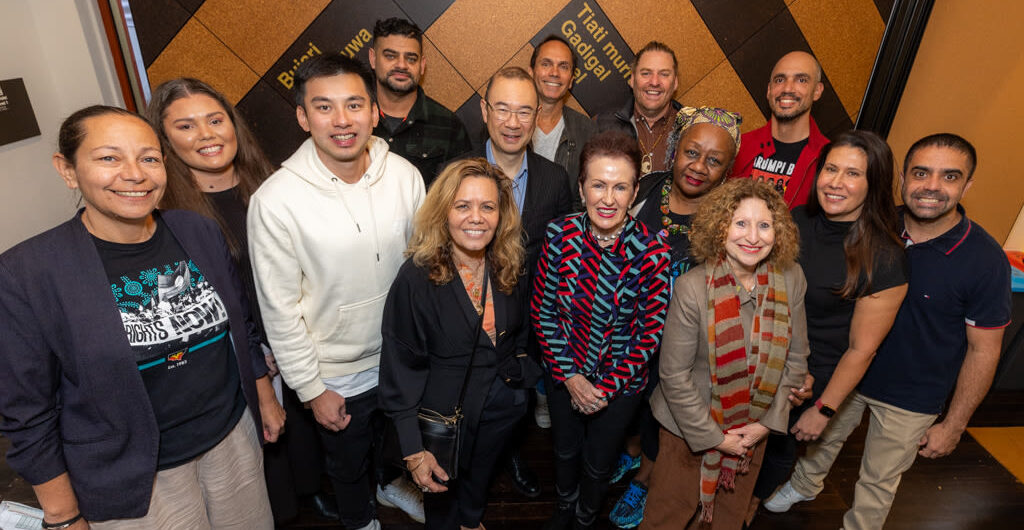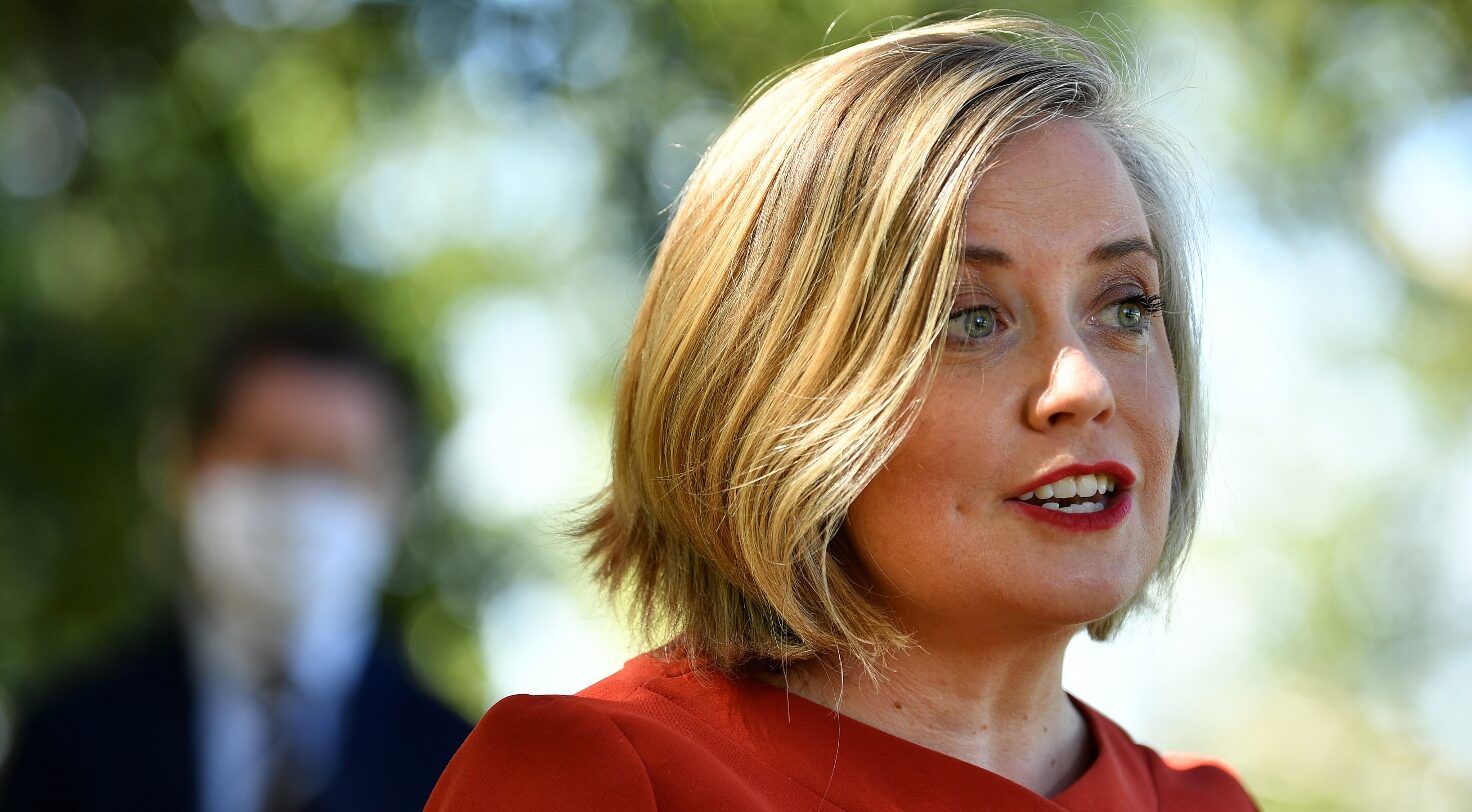
Drag community forgotten in arts support package
By ANTONIA MANGOS
Bingo Nights and Oxford Street in a post-COVID-19 world are set to be very different with Sydney’s Drag Community still facing the forefront of the current pandemic. Despite the lifeline the NSW Government has thrown to save the arts sector, Sydney’s drag queens will be left vulnerable in an economic recession.
The NSW Government announced a $50 million Rescue & Restart package for the sector in May to keep our artists and entertainers afloat. However, as the recipients for the grants have been released, the drag community has slipped through the cracks while theatre, dance and other creative projects have taken priority.
And, after months of only being able to perform through Instagram Live videos, and a $3000 wig of human hair newly purchased, Fantasia Towers is just one queen ready to make her comeback. Although, the certainty of gigs and live performances remain up in the air as the effects of COVID-19 are still being felt.
According to the The Conversation, data released in April reveals at least three in four of those employed in the creative and performing arts industry were at risk of losing their jobs. Also back in April, around 53 per cent of the entire sector was no longer functioning.
When the virus reached its peak in March to as recently as June, The Guardian reported that between 50 to 60 per cent of jobs in industries that include the arts, as well as accommodation, food and recreation will take five years to recover. This means drag queens like Fantasia will not have any certainty as to where their next gig will come from.
To soften the blow of the virus’ impact, Create NSW announced a package to help those in the arts sector who are struggling most. The recipients of the funding were announced in June with approximately 70 different initiatives split over four separate criteria. Out of those selected, none involve drag community projects.
This lack of support has left drag queens like Fantasia Towers out of work for the good part of five months. She still recalls her last performance on the evening of March 18 at the Imperial Hotel in Erskineville and had no idea it would be her last until September.
“For me to cancel my shows, and put ads out there on my own Instagram was very devastating because I didn’t want to stop performing because performing is everything to me,” Fantasia said.
The man behind the queen is Brad Mackney, 24, who moved out to Sydney from Casino, NSW in pursuit of his passion. Mackney now works part-time as a barista and waiter at Canterbury Leagues Club in Belmore, which reopened in July. Trying to keep his drag following strong, Instagram has been his only platform to keep Fantasia alive but he admits it has not been easy.
“It’s so strange because you know you have an audience there in front of you cheering you on in a club, and the atmosphere around you…it’s really hard to do online because you’re in front of a camera and it’s not really motivating.”
Other performers have also had to move to an online format to keep the buzz of performing alive, including online initiatives from The Universal and Stonewall which are token to Sydney’s drag scene.
A spokesperson from Gay Sydney Australia (GSA), an online community organisation founded in 2011, opened up about how important online content has been for Drag Queens and the greater LGBTQIA+ community.
“I think this is a time where we all need to come together as a community, no matter gay, straight or trans and social media has been a form of connecting. We’ve had followers reach out that are not coping very well, and so we try to show light, love and positivity.”
With a following of over 25,000, GSA has been able to help drag queens like Fantasia reach a greater following and feel connected to the work they do. In 2019, Fantasia Towers was a brand ambassador for the community project that has not gone ahead in 2020 due to the pandemic.
“You know it’s affected a lot more people to not be able to go out and you don’t just have to be a drag queen…I know a few of my friends who have had to actually go seek help from professionals,” Mackney said.
And despite the efforts for funding, the Sydney Morning Herald has reported that the financial position for the arts sector is only worsening, with small to medium arts companies feeling the brunt of it. Organisations like Writing NSW have failed to secure funding, leaving little hope for the Drag Community who are often not tied to an agency and are expected to self-promote to find work.
With some promise of work around the corner outside of Sydney, Mackney believes that the drag community has been forgotten about amidst the pandemic, but has hopes that things will return to normality soon enough.
“I want Fantasia Towers to be able to come back bigger and stronger, knowing that we’re all in the same boat and can be fabulous together.”









